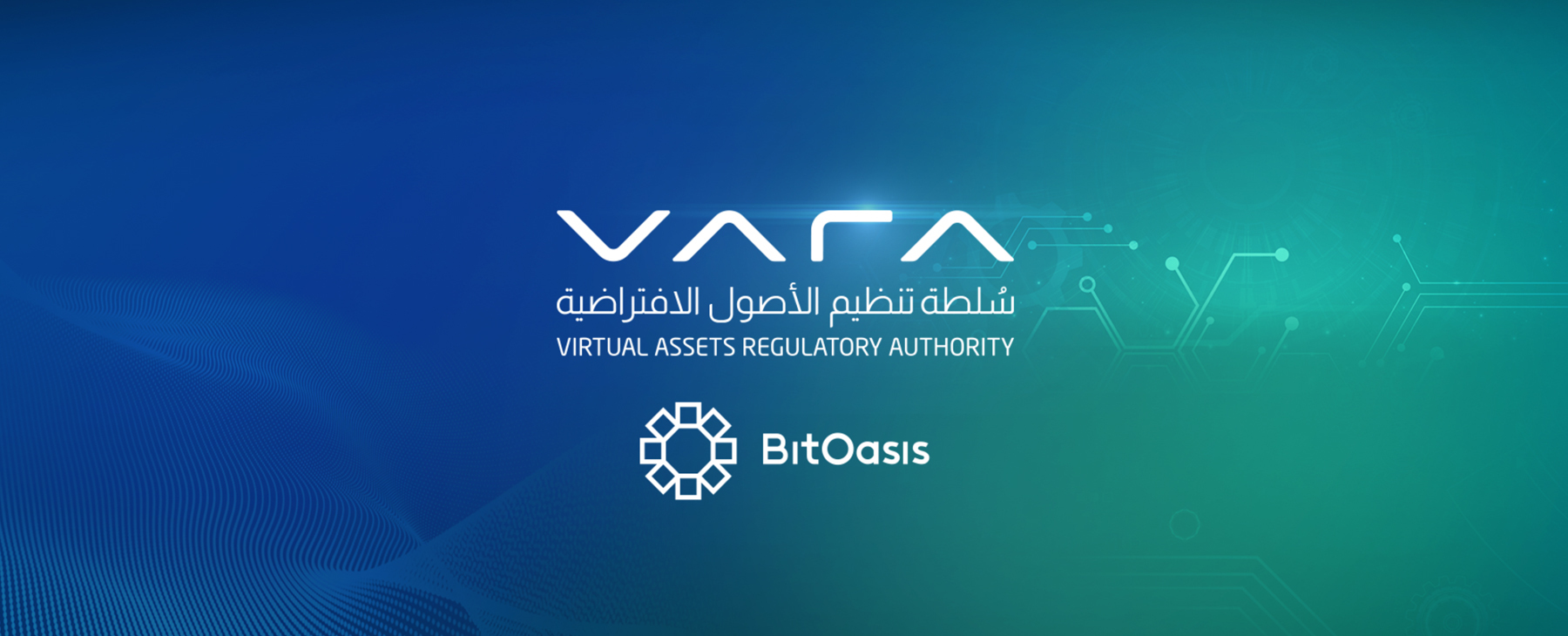This month Ethereum will go through the biggest upgrade so far, known as The Merge. You might be wondering what this is all about and how it might affect your ETH holdings. We’re here today to answer all of these questions and more.
Your Ethereum Wallet on BitOasis
BitOasis will support the Merge, and will give you further instructions or recommendations should the need arises, but for the time being, you don’t have to do anything to prepare for the Merge. Your Ethereum tokens are safe in your BitOasis wallet, and there won’t be any changes for you to worry about.
Withdrawals and deposits of Ethereum (ETH) and Ethereum blockchain tokens (ERC-20) are paused for a short period today starting from 11:00 AM UTC, and we may pause trading, deposits, and withdrawals of Ethereum and Ethereum blockchain tokens (ERC-20) for a short period in connection with the completion of the Merge around September 15. We will make sure to keep you informed should this be the case.
Meanwhile, please be aware that a lot of scams and fraudulent activities are circulating right now, promising users of getting Ethereum 2.0 or ETH2 tokens. There is no such thing as Ethereum 2.0 or ETH2 tokens, and any such promises are mostly attempted to take over your Ethereum wallet.
In case of a hard fork leading to the creation of a new Proof-of-Work Ethereum coin, BitOasis will review the new project and evaluate the listing of any PoW Ethereum according to our usual listing criteria. We’ll make sure to update you had the hard fork happened.
It’s also worth mentioning that with all the speculations about the Merge’s outcomes, Ethereum might see some higher-than-usual volatility, and trading it might hold some higher risks. As always, please make sure to build your investment decisions on your own research and only invest funds you can afford to lose.
What is the Merge?
Ethereum is currently in the process of making some major changes to its network; most notable is the shift from Proof of Work (PoW) to a Proof of Stake (PoS) consensus mechanism. Presently, Ethereum is powered by Proof of Work, or PoW, which is a method used to mine new coins and validate transactions using high computational power. On the other hand, the Proof of Stake mechanism requires validators holding a certain amount of ETH to be able to do this process and consumes so much less energy.
The PoS-powered network has been tested for a while on the Beacon testnet, and when the upcoming upgrades happen, Ethereum’s mainnet will merge with the Beacon network, which is why it’s named The Merge.
By large, it is a scaling solution, promising to set a new standard in the cryptocurrency world, making Ethereum more secure and reducing the network’s energy consumption by 99.95%, to make it a more sustainable and eco-friendly network.
The Merge will be complete upon hitting the Terminal Total Difficulty (TTD) value of 58750000000000000000000. This is expected to happen sometime around September 15, 2022.
Misconceptions about the Merge
As it is with any such magnificent upgrade, there are a lot of misconceptions being perceived as facts. The first one is that the Merge will result in downtime of Ethereum’s blockchain, which is not true. The Merge is designed to be performed without needing to pause anything during the switch, and an immense amount of work has been put into making sure the transition to proof-of-stake does not disrupt the network or its users. When the Merge happens, blocks will go from being built using proof-of-work in one block to being built by proof-of-stake in the next.
Also, many people are expecting and saying that Ethereum transactions will be noticeably faster after the Merge, which is also not true. There are many variables we can call “transaction speed”, and time to be included in a block is the most common. While the PoW blockchain’s target is to create a new block every 13.3 seconds, the PoS network makes a new block slot available every 12 seconds. This means that PoS blocks can be created almost 10% more frequently than the PoW blocks, but the difference in transaction processing time will be insignificant and barely noticeable.
Just like with the processing time, many say the Merge will reduce the processing fees (or gas fees). Gas fees are determined by two factors: Demand and network capacity. The Merge is mainly a shift from PoW to PoS, not an expansion of the network, and will not lead from a technical point of view to lower gas fees.
If you need any help or have any questions, feel free to contact us and join our Telegram channel to get the latest updates from BitOasis.



